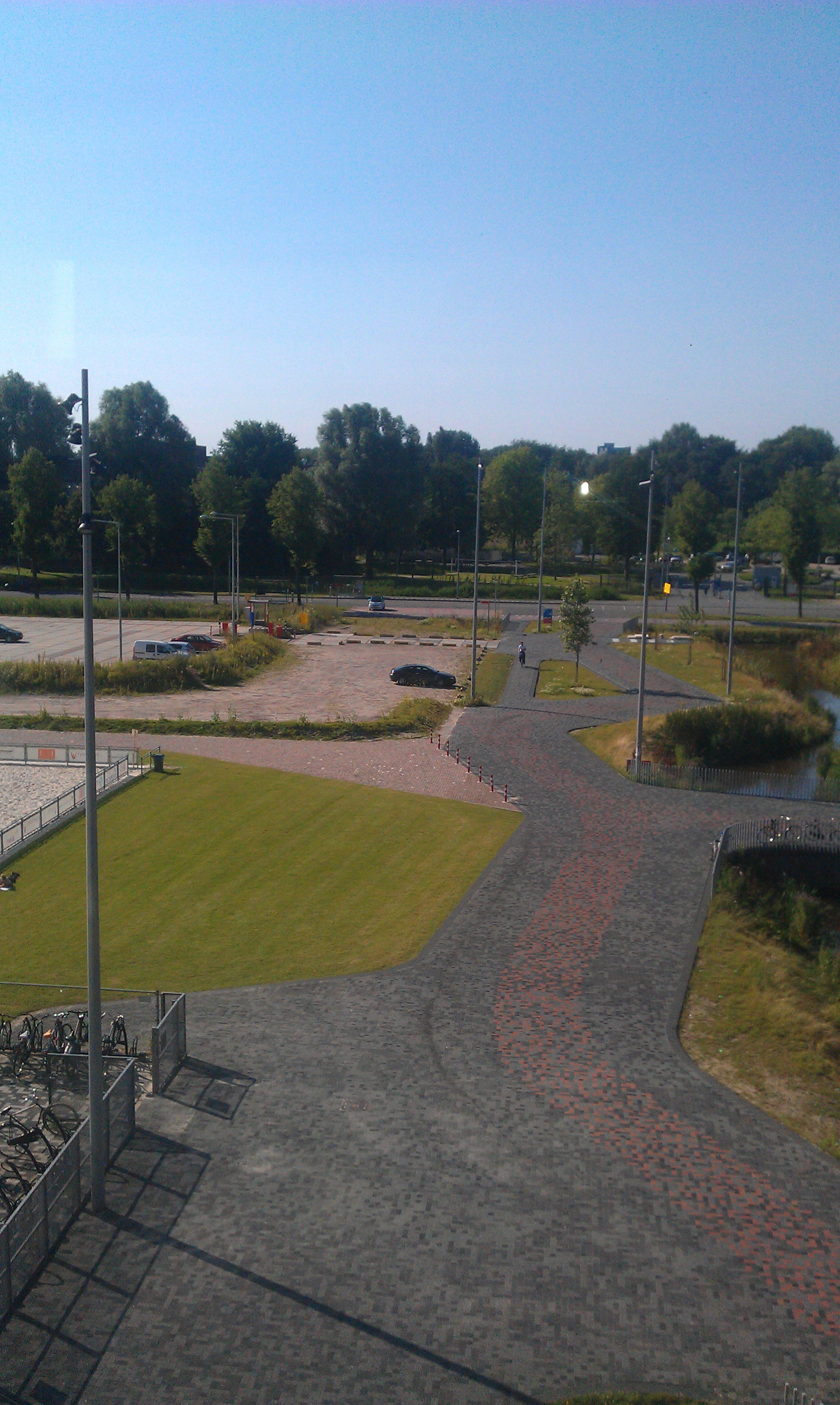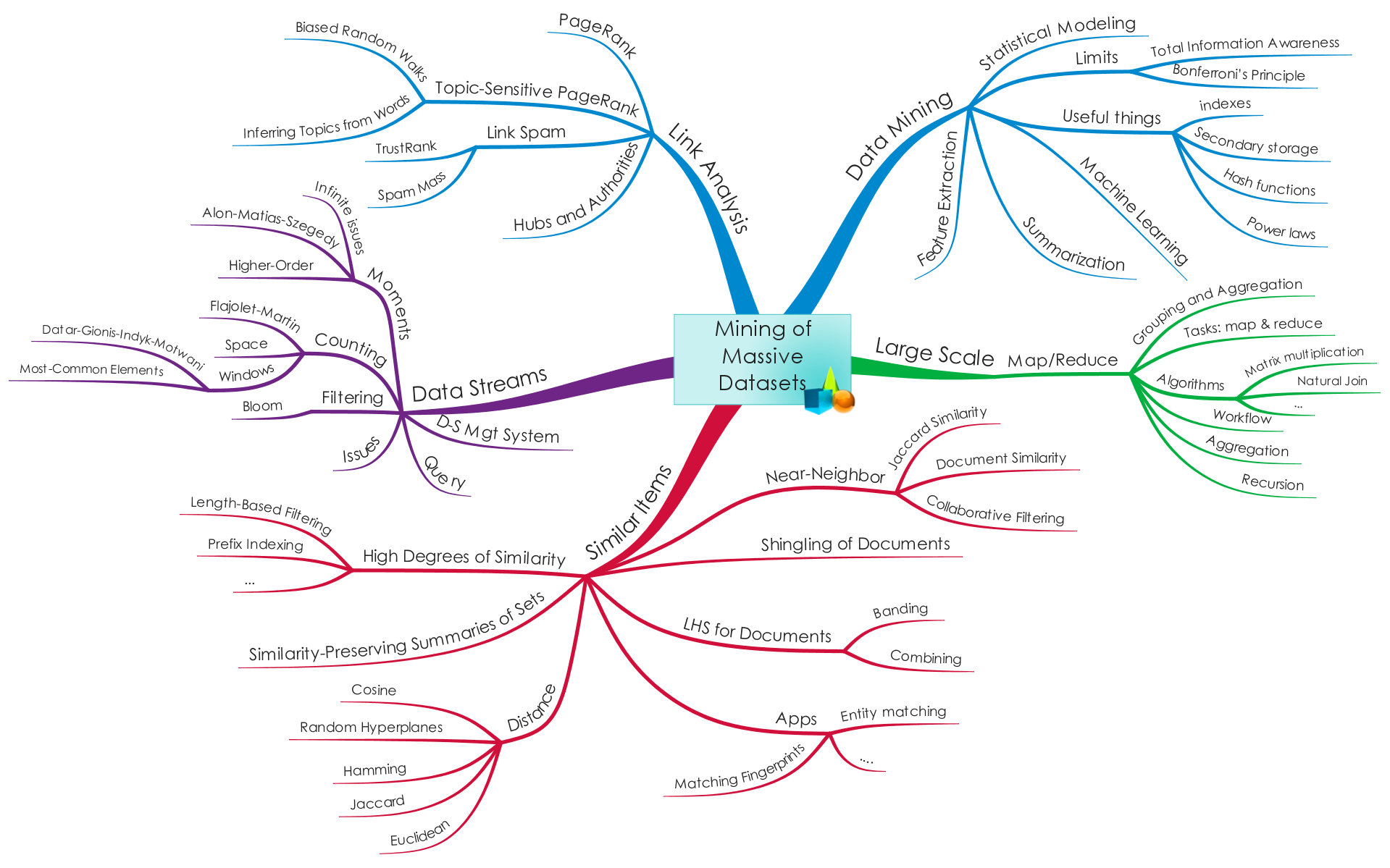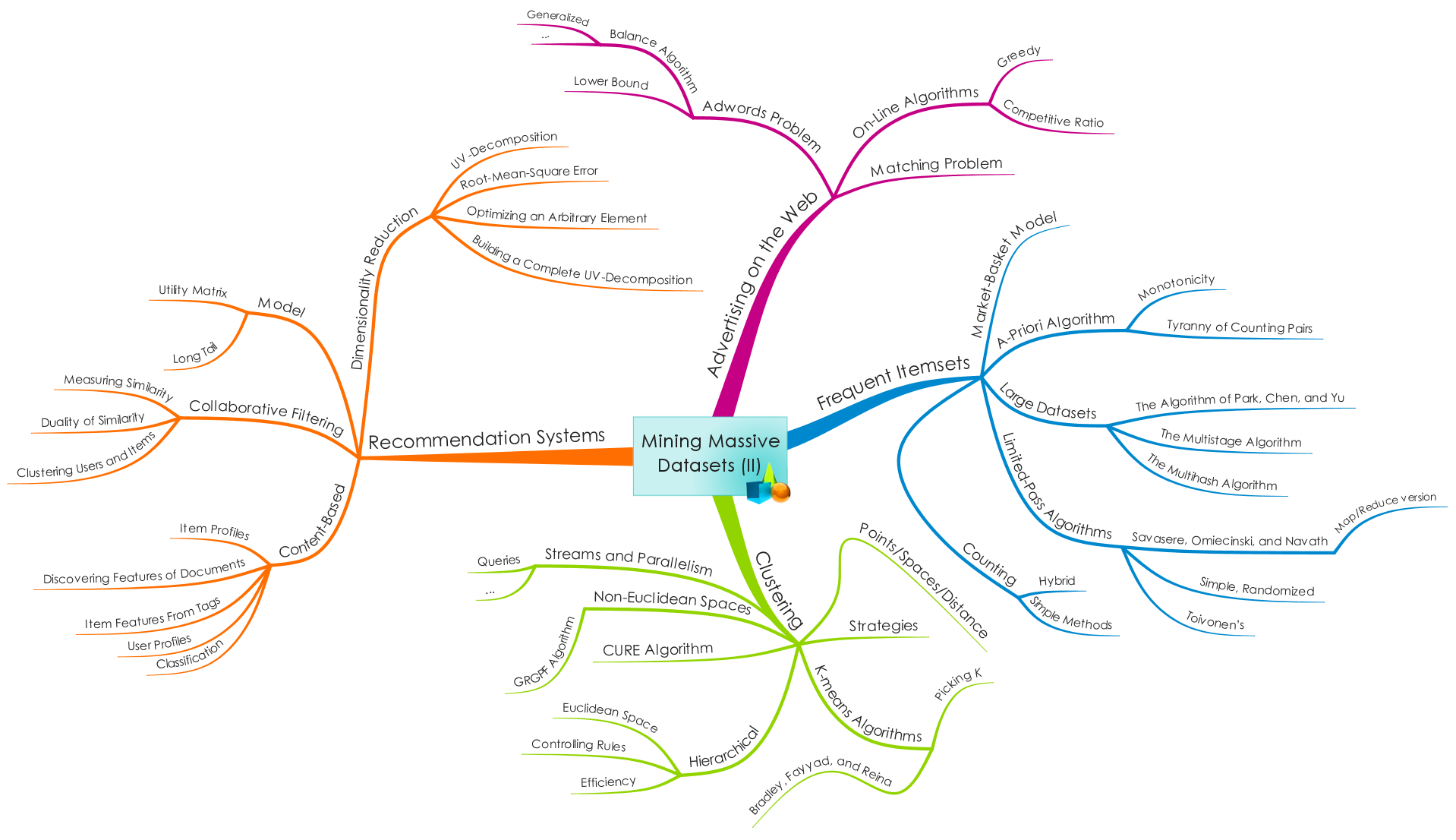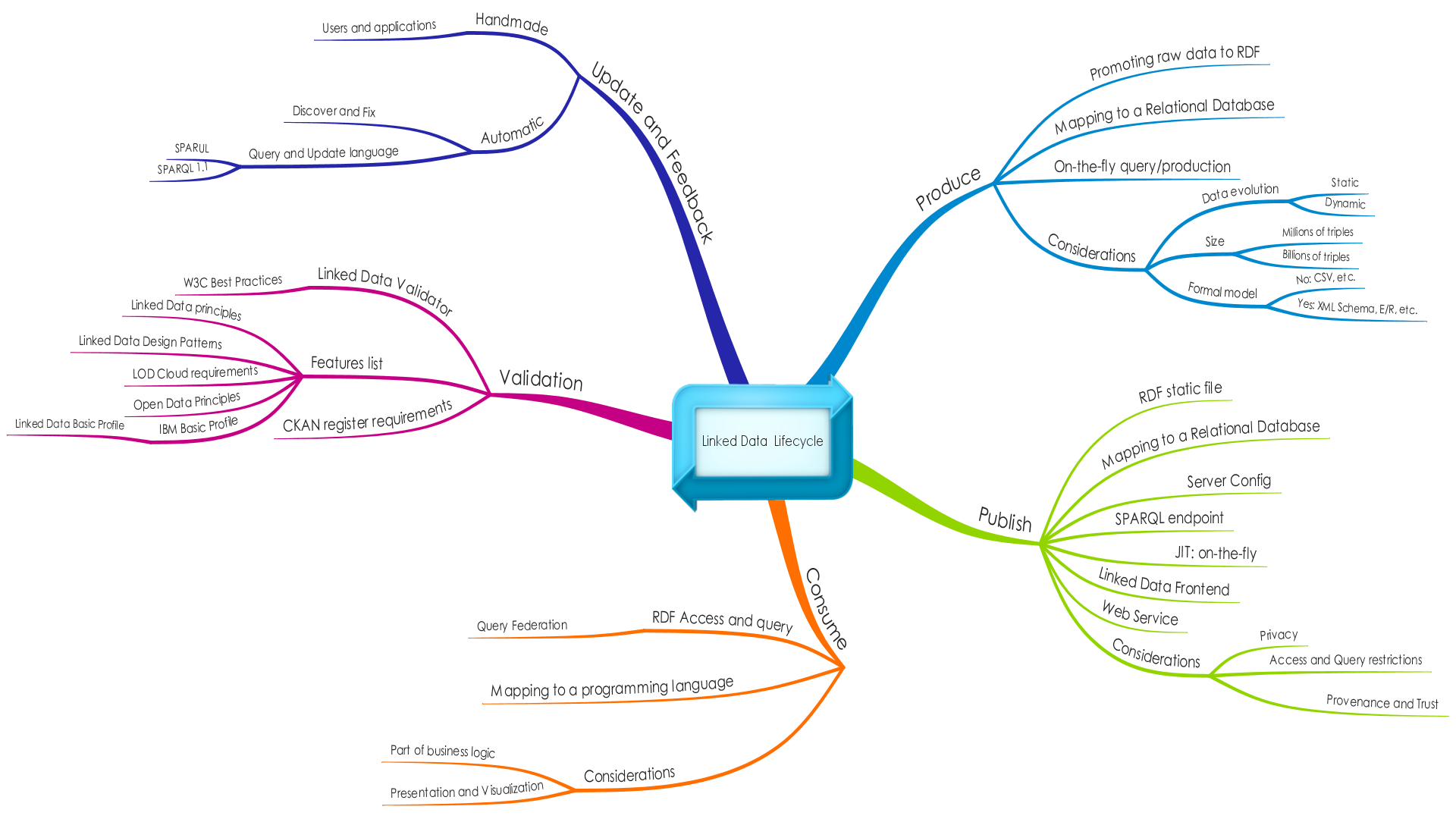I am really excited with my invitation to be speaker at the 1st International Congress of Systems Engineering and Computation within Universidad Peruana de Ciencias Aplicadas. I was invited by Prof. Dr. Carlos Raymundo through my colleague Prof. Hernán Sagastegui Chigne. I will be the lecturer on Wednesday and Thursday of the next week (7th and 8th of November) and the talk will be about “Researching in Semantic Web Technologies”, you can see the full schedule here.
My intention is to provide a good introduction to the Semantic Web and Linked Data initiatives apart from providing an in-depth review of existing works. I would also like take part of the time to organize a think-tank session in which the audience can collaborate giving opinions about specific open issues and make a discussion to launch some actions such as a hackathon or similar in next weeks but it is just a thought…
Stay tuned!







